Are you a fan of delicate and sophisticated Japanese teas? If so, you might be wondering about gyokuro – one of the most highly prized green teas in Japan. But don’t worry, we’ve got you covered with all the answers to your gyokuro questions!
What is gyokuro?
Gyokuro is a premium Japanese green tea known for its unique cultivation process and distinct flavor profile. It is shade-grown for approximately 20-30 days before harvesting, which increases its chlorophyll content, resulting in a vibrant green color, sweet taste, and rich aroma.
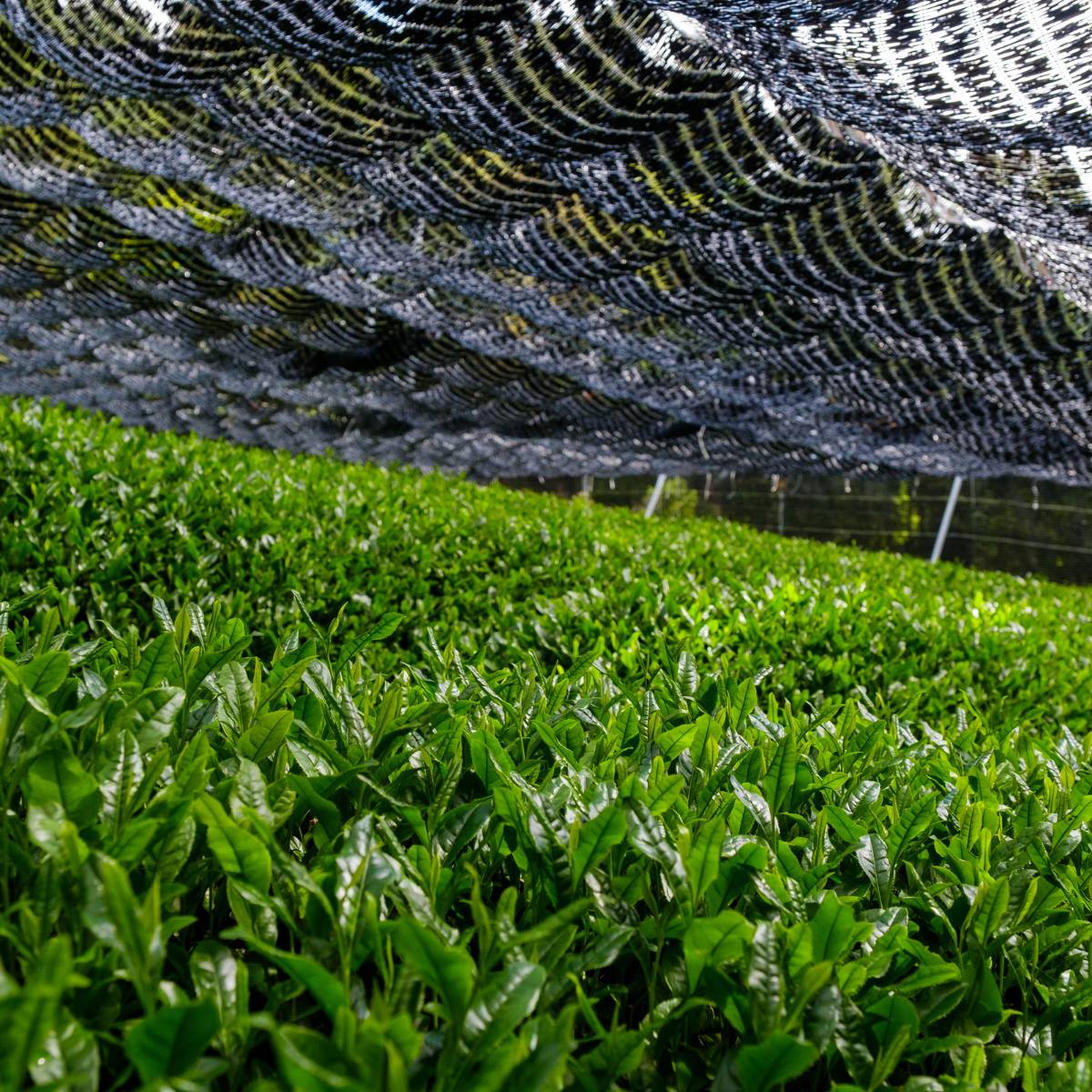
How is gyokuro different from other green teas?
Gyokuro’s main difference from other green teas is its shading process. The
What are the health benefits of gyokuro?
Gyokuro is rich in antioxidants, including catechins like EGCG, which can provide various health benefits such as supporting heart health, boosting metabolism, and reducing the risk of certain chronic diseases. It also contains amino acids like L-theanine, which promotes relaxation and mental clarity, and higher levels of vitamins and minerals due to the shading process.
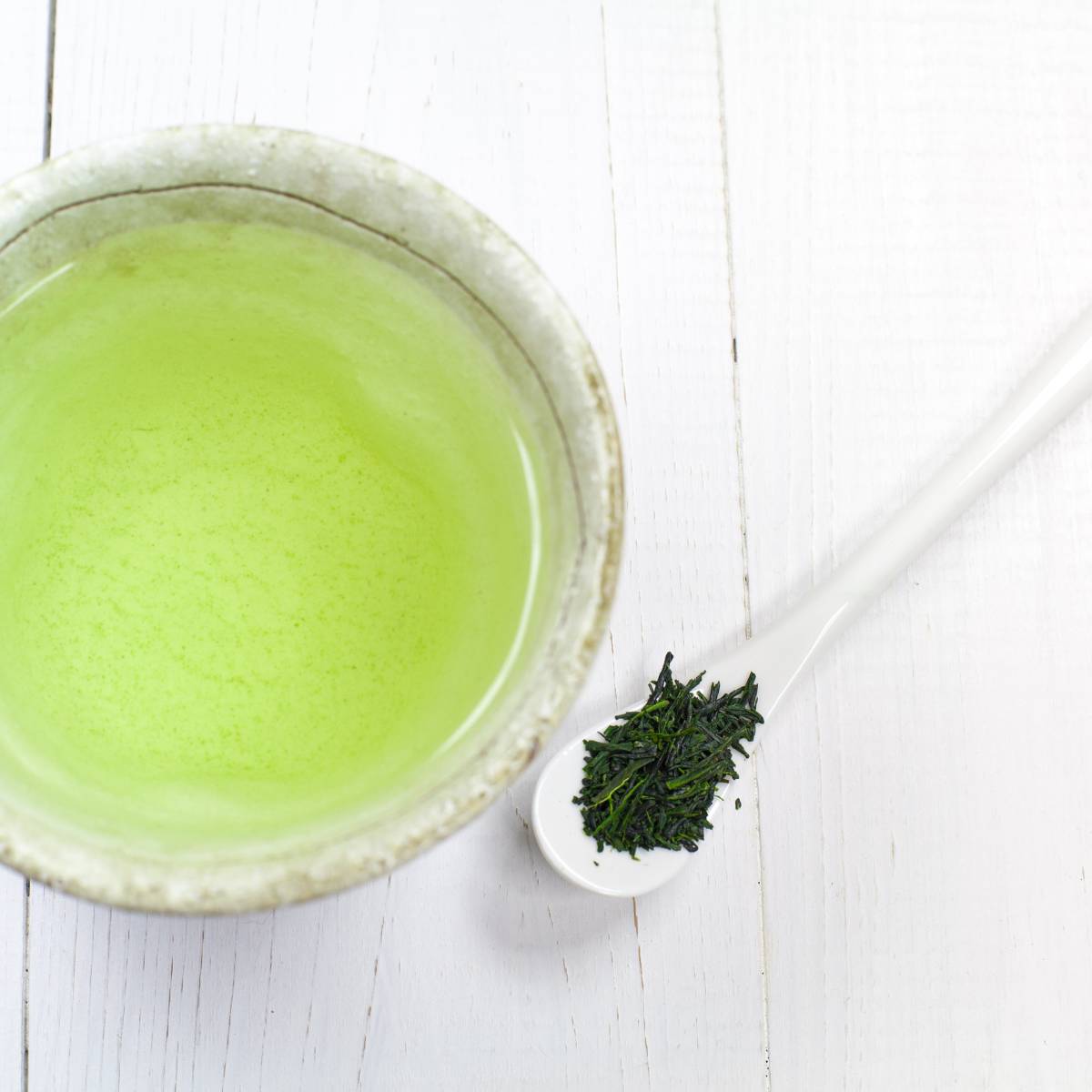
How do I brew gyokuro?
To brew gyokuro, use 1 teaspoon of loose-leaf
Can I make iced gyokuro?
Yes, iced gyokuro is a refreshing option for warm weather. Brew the gyokuro as you would for hot tea, but use double the amount of
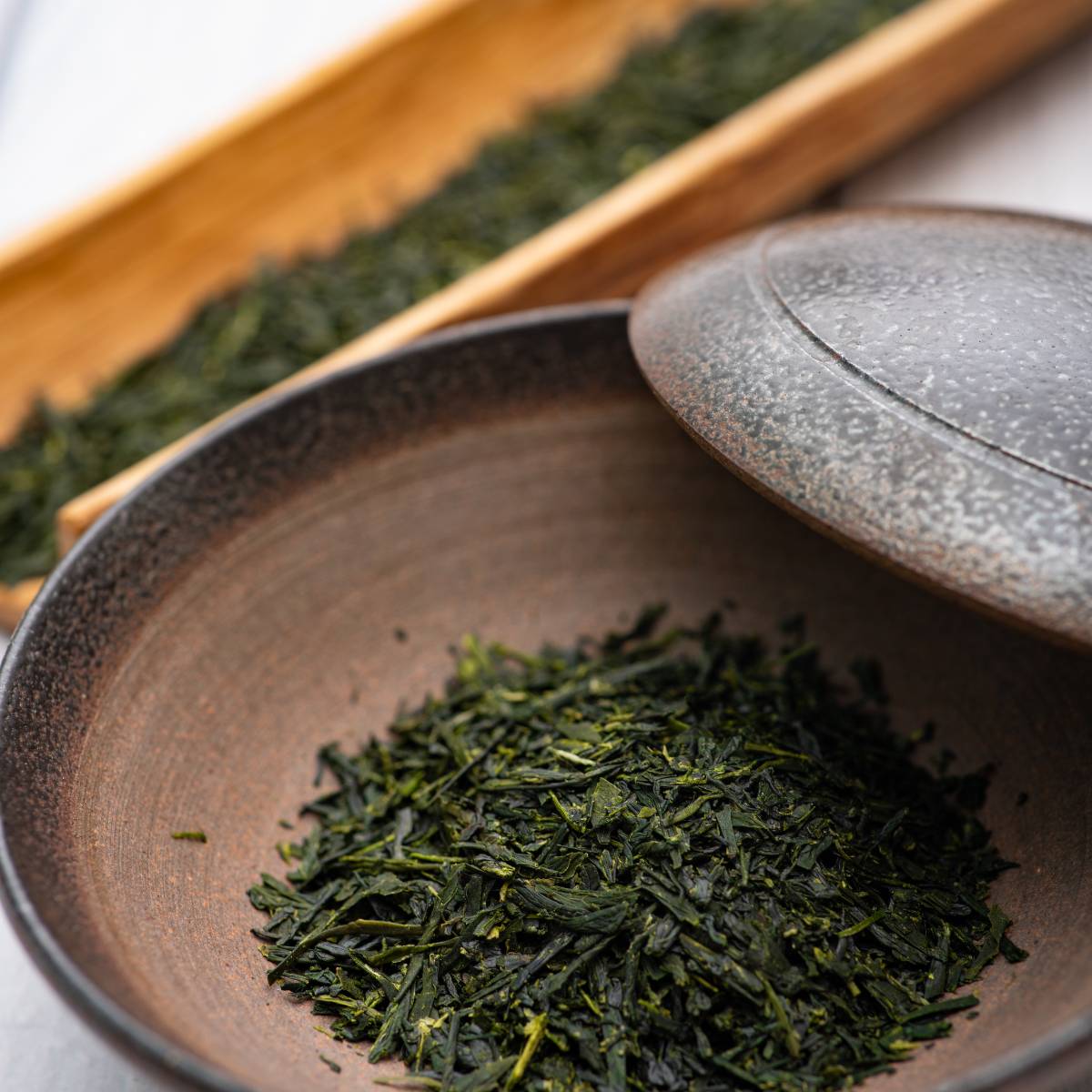
Is gyokuro suitable for vegans and vegetarians?
Yes, gyokuro is a plant-based product made from
How much caffeine does gyokuro contain?
Gyokuro typically contains between 35-60 mg of caffeine per 3-4 ounce cup, depending on the quality and preparation method. This is higher than most other green teas due to the shading process, which increases caffeine levels.
Where can I buy gyokuro?
Gyokuro can be found in specialized
How should I store gyokuro?
Store gyokuro in an airtight container in a cool, dark place away from direct sunlight and strong odors. Proper storage will help maintain its freshness, flavor, and aroma.
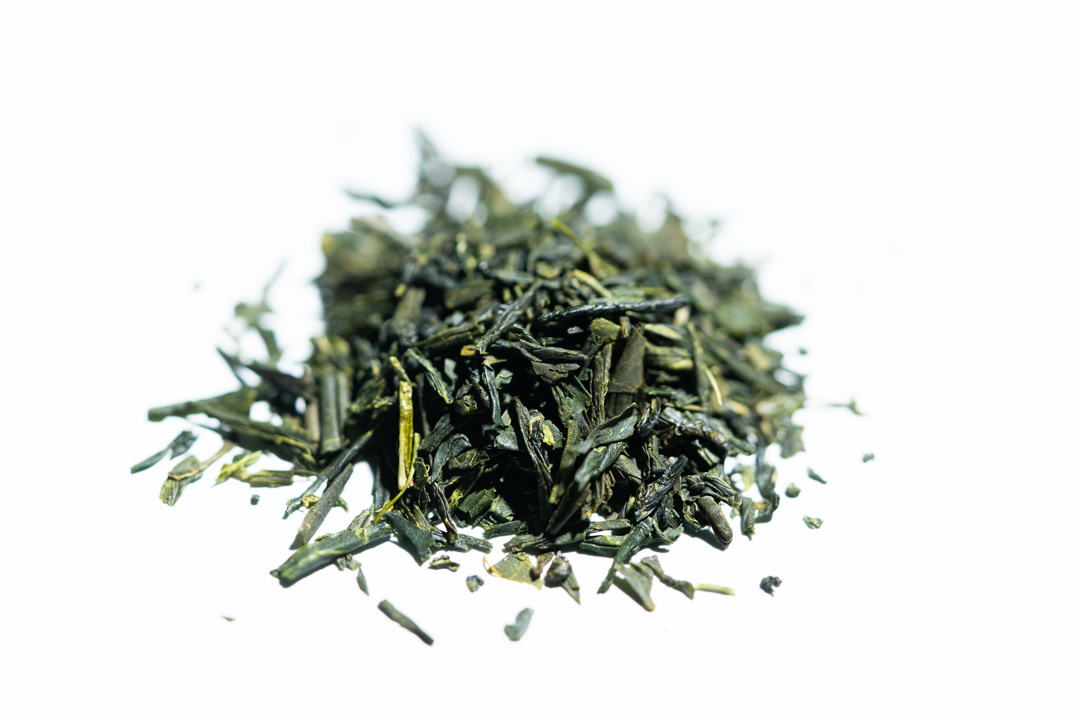
What are the different grades of gyokuro?
Gyokuro grades can vary depending on factors such as the region where it’s grown, the time of harvest, and the quality of the
To know more about Gyokuro, read the full detailed blog here.
Conclusion
If you’re curious about exploring the world of Japanese
Don’t know where to begin? Check out our beginner’s guide to Japanese tea and discover the many varieties and health benefits of this beloved beverage. Order your first bag of gyokuro today and embark on a journey of taste and tradition.


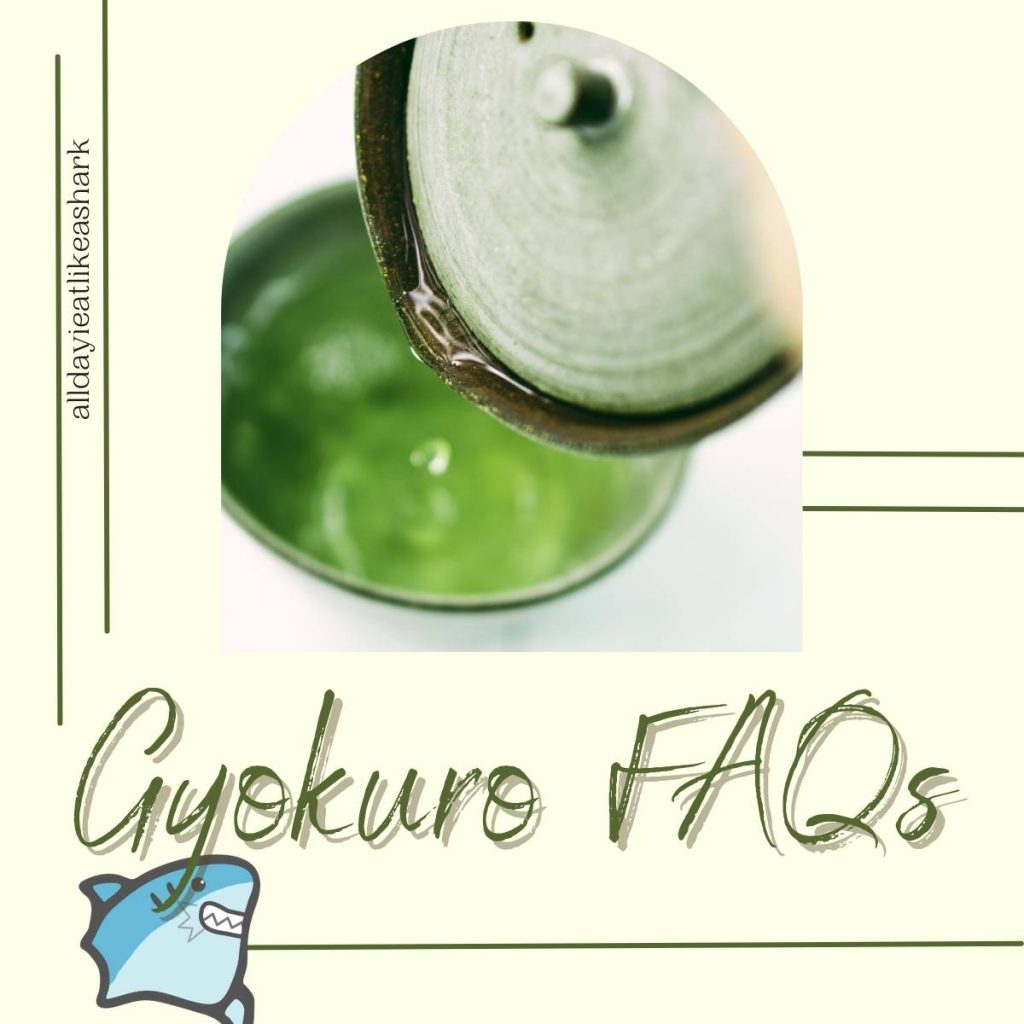







Konnichiwa! (Hello!) I'm Pat Tokuyama, a Japanese tofu cookbook author, who travels for music, food, and adventure. If you like Japanese tea, checkout some of the newestorganic japanese tea, matcha bowls and noren and more!
** Curious about the Plant Based Japanese Cooking Club? ** Learn more here!